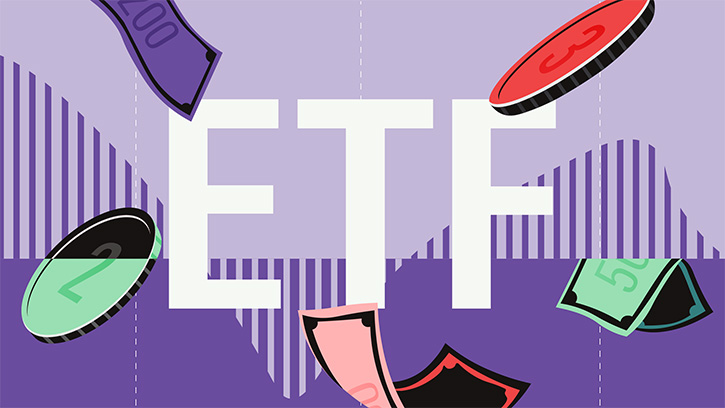The deal, valued at £740m (roughly 3.8% of assets under management), will see a senior Jupiter management group, led by its joint chief executive Edward Bonham Carter, take majority ownership of the firm - to be called Jupiter Investment Management Holdings, Ltd. The newly formed board will have six representatives from Jupiter, and three representatives from minority owners TA Associates. The tenth seat will go to an independent chairman, whom Jupiter
has yet to name.
That said, in the Jupiter case, a majority of the firm is being bought back by its own management rather than an outside investor. This should help ensure its autonomy rather than erode it. Moreover, the new board’s membership ensures Jupiter’s management has a controlling vote. The Jupiter representatives on the board will include Bonham Carter; joint chief executive Jonathan Carey (who will turn over all executive duties to Bonham Carter and focus on his new role as group executive deputy chairman); chief operating officer Adrian Creedy; and three veteran fund managers, Anthony Nutt of Jupiter Income (and other mandates), Philip Gibbs of Jupiter Financial Opportunities fund; and John Chatfield-Roberts, who jointly runs the Merlin fund-of-fund portfolios. Nutt, Gibbs, and Chatfield-Roberts will continue to manage their existing funds, and we see no foreseeable disruption to their ability to run their respective mandates. All three of them (Gibbs until 2005), after all, have been members of the board prior to the management buyout with no apparent effect on the quality of their fund management responsibilities.
Nor does the presence of TA Associates worry us much. The private equity firm comes to the deal with considerable experience in investing in global asset management firms. They also backed and advised Affiliated Managers Group—one of the more respected acquirers of mid-sized asset-managers in the U.S., whose stable of fund shops include Tweedy Browne, Third Avenue Management, and Brandywine Funds’ Freiss Associates.
There are some questions, however. For one, the deal gives Jupiter fund managers and employees equity ownership of the firm. That’s something of a double-edged sword. While it improves a firm’s ability to recruit and retain key investment professionals - no small benefit given the tendency of London fund managers to come and go in rapid-fire fashion - it can also give the portfolio managers an incentive to focus on the firm’s growth and profitability instead of doing what’s best for current shareholders of its funds. We have no idea how this will play out in the future, and it is by no means an issue that is unique to Jupiter. However, it should be noted that the total expense ratios of the firm’s funds are already on the high side, which has long concerned us.
The deal is still in its nascent stages, but the new management appears reasonably well structured and on balance, has the potential to provide more favourable conditions for Jupiter’s fund investors. In any case, we would much rather see the firm owned by its own management than a larger third party such as Commerzbank, whose interests are clearly less aligned with fund holders’. We’ll be keeping a close eye on the firm going forward, however, for any signs of pressures that could detract from the interests of current fund investors.























